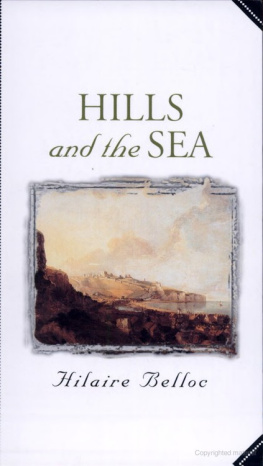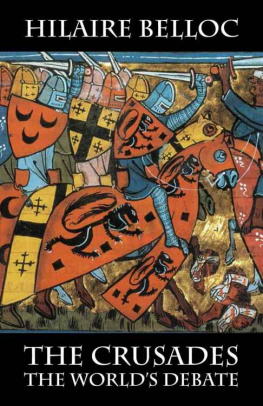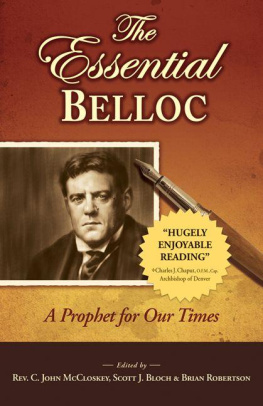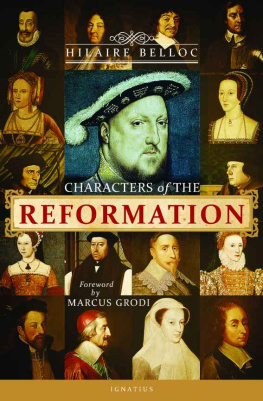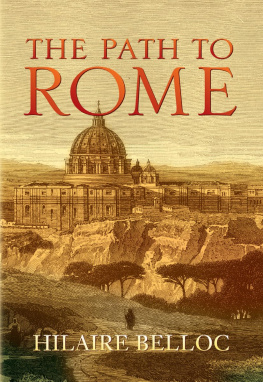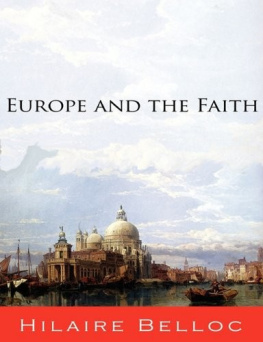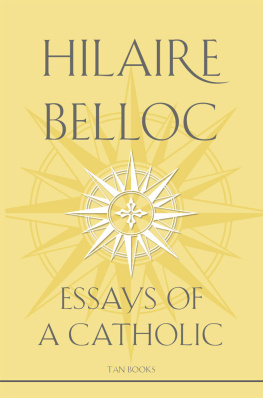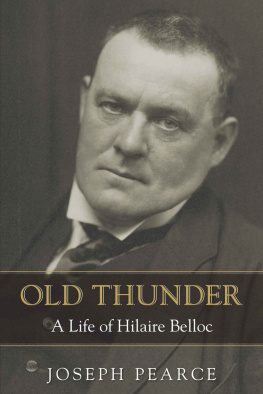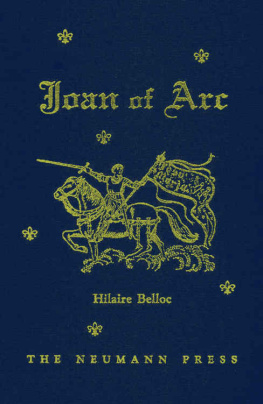HILLS AND THE SEA
BY H. BELLOC
METHUEN & CO. LTD.
36 ESSEX STREET W.C.
LONDON
CONTENTS
DEDICATION
TO
THE OTHER MAN
MR PHILIP KERSHAW
There were once two men. They were men of might and breeding. They were young, they were intolerant, they were hale. Were there for humans as there is for dogs a tribunal to determine excellence; were there judges of anthropoidal points and juries to, give prizes for manly race, vigour, and the rest, undoubtedly these two men would have gained the gold and the pewter medals. They were men absolute.
They loved each other like brothers, yet they quarrelled like Socialists. They loved each other because they had in common the bond of mankind; they quarrelled because they differed upon nearly all other things. The one was of the Faith, the other most certainly was not. The one sang loudly, the other sweetly. The one was stronger, the other more cunning. The one rode horses with a long stirrup, the other with a short. The one was indifferent to danger, the other forced himself at it. The one could write verse, the other was quite incapable thereof. The one could read and quote Theocritus, the other read and quoted himself alone. The high gods had given to one judgment, to the other valour; but to both that measure of misfortune which is their Gift to those whom they cherish.
From this last proceeded in them both a great knowledge of truth and a defence of it, to the tedium of their friends: a demotion to the beauty of women and of this world; an outspoken hatred of certain things and men, and, alas! a permanent sadness also. All these things the gods gave them in the day when the decision was taken upon Olympus that these two men should not profit by any great good except Friendship, and that all their lives through Necessity should jerk her bit between their teeth, and even at moments goad their honour.
The high gods, which are names only to the multitude, visited these men. Dionysus came to them with all his company once, at dawn, upon the Surrey hills, and drove them in his car from a suburb whose name I forget right out into the Weald. Pallas Athene taught them by word of mouth, and the Cytherean was their rosy, warm, unfailing friend. Apollo loved them. He bestowed upon them, under his own hand the power not only of remembering all songs, but even of composing light airs of their own; and Pan, who is hairy by nature and a lurking fellow afraid of others, was reconciled to their easy comradeship, and would accompany them into the mountains when they were remote from mankind. Upon these occasions he revealed to them the life of trees and the spirits that haunt the cataracts, so that they heard voices calling where no one else had ever heard them, and that they saw stones turned into animals and men.
Many things came to them in common. Once in the Hills, a thousand miles from home, when they had not seen men for a very long time, Dalua touched them with his wing, and they went mad for the space of thirty hours. It was by a stream in a profound gorge at evening and under a fretful moon. The next morning they lustrated themselves with water, and immediately they were healed.
At another time they took a rotten old leaky boat they were poor and could afford no otherthey took, I say, a rotten old leaky boat whose tiller was loose and whose sails mouldy, and whose blocks were jammed and creaking, and whose rigging frayed, and they boldly set out together into the great North Sea.
It blew a capful, it blew half a gale, it blew a gale: little they cared, these sons of Ares, these cousins of the broad daylight! There mere no men on earth save these two who would not have got her under a trysail and a rag of a storm-jib with fifteen reefs and another: not so the heroes. Not a stitch would they take in. They carried all her canvas, and cried out to the north-east wind: "We know her better than you! She'll carry away before she capsizes, and she'll burst long before she'll carry away." So they ran before it largely till the bows were pressed right under, and it was no human poser that saved the gybe. They went tearing and foaming before it, singing a Saga as befitted the place and time. For it was their habit to sing in every place its proper songin Italy a Ritornella, in Spain a Segeduilla, in Provence a Pastourou, in Sussex a Glee, but an the great North Sea a Saga. And they rolled at last into Orford Haven on the very tiptop of the highest tide that ever has run since the Noachic Deluge; and even so, as they crossed the bar they heard the grating of the keel. That night they sacrificed oysters to Poseidon.
And when they slept the Sea Lady, the silver-footed one, came up through the waves and kissed them in their sleep; for she had seen no such men since Achilles. Then she went back through the waves with all her Nereids around her to where her throne is, beside her old father in the depths of the sea.
In their errantry they did great good. It was they that rescued Andromeda, though she lied, as a woman will, and gave the praise to her lover. It was they, also, who slew the Tarasque on his second appearance, when he came in a thunderstorm across the broad bridge of Beaucaire, all scaled in crimson and gold, forty foot long and twenty foot high, galloping like an angry dog and belching forth flames and smoke. They also hunted down the Bactrian Bear, who had claws like the horns of a cow, and of whom it is written in the Sacred Books of the East that:
A Bear out of Bactria came,
And he wandered all over the world,
And his eyes were aglint and aflame,
And the tip of his caudal was curled.
Oh! they hunted him down and they cut him up, and they cured one of his hams and ate it, thereby acquiring something of his mighty spirit.... And they it was who caught the great Devil of Dax and tied him up and swinged him with an ash-plant till he swore that he would haunt the woods no more.
And here it is that you ask me for their names. Their names! Their names? Why, they gave themselves a hundred names: now this, now that, but always names of power. Thus upon that great march of theirs from Gascony into Navarre, one, on the crest of the mountains, cut himself a huge staff and cried loudly:
"My name is URSUS, and this is my staff DREADNOUGHT: let the people in the Valley be afraid!"
Whereat the other cut himself a yet huger staff, and cried out in a yet louder voice:
"My name is TAURUS, and this is my staff CRACK-SKULL: let them tremble who live in the Dales!"
And when they had said this they strode shouting down the mountain-side and conquered the town of Elizondo, where they are worshipped as gods to this day. Their names? They gave themselves a hundred names!
"Well, well," you say to me then, "no matter about the names: what are names? The men themselves concern me!... Tell me," you go on, "tell me where I am to find them in the flesh, and converse with them. I am in haste to see them with my own eyes."
It is useless to ask. They are dead. They will never again be heard upon the heaths at morning singing their happy songs: they will never more drink with their peers in the deep ingle-nooks of home. They are perished. They have disappeared. Alas! The valiant fellows!
But lest some list of their proud deeds and notable excursions should be lost on earth, and turn perhaps into legend, or what is worse, fade away unrecorded, this book has been got together; in which will be found now a sight they saw together, and now a sight one saw by himself, and now a sight seen only by the other. As also certain thoughts and admirations which the second or the first enjoyed, or both together: and indeed many other towns, seas, places, mountains, rivers, and menwhatever could be crammed between the covers.
And there is an end of it.

